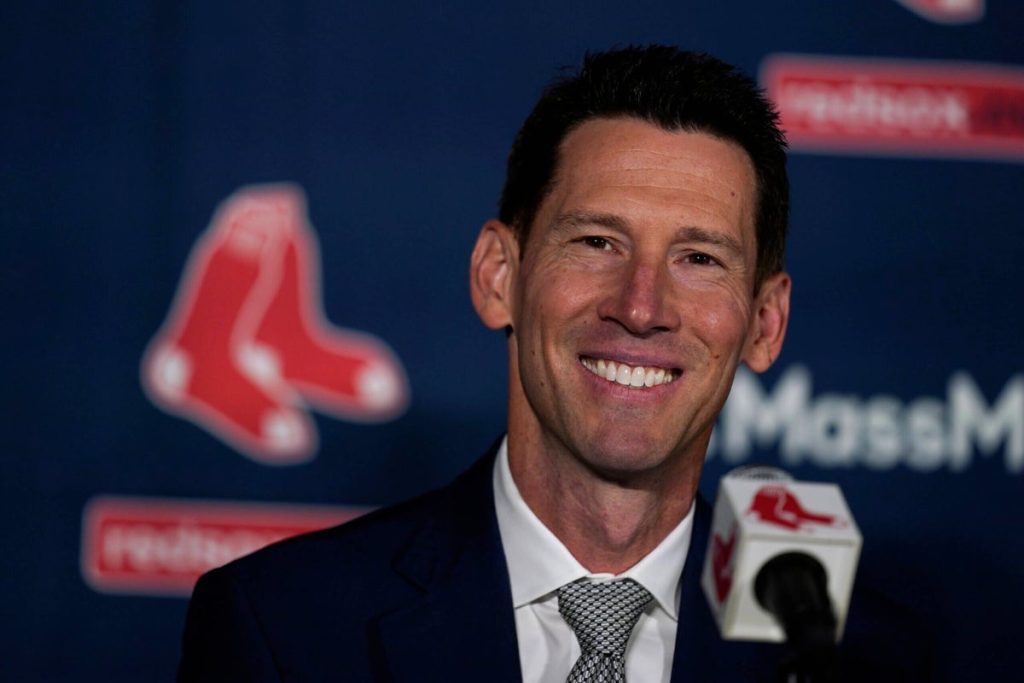Transformations Under Craig Breslow’s Leadership
Since Craig Breslow was appointed as the chief baseball officer for the Boston Red Sox 17 months ago, the organization has experienced significant internal changes, marking its fourth leadership shift in a decade. Breslow’s tenure has resulted in the termination of long-standing employees and the departure of others who were dissatisfied with the organization’s trajectory, especially within the scouting department, which faced substantial reductions.
The remaining staff, around 275 in the front office, convey a sense of unpredictability and discomfort, although some view this period as a chance for optimism, primarily due to the organization’s efforts to overhaul its pitching infrastructure and improve player development practices. This has led to a contrasting atmosphere among those eager for progress and those adapting to new responsibilities under fresh leadership.
Breslow is unapologetic about the necessary changes aimed at breaking the team’s prolonged cycle of mediocrity. Hired with this mission in mind, the Red Sox have only reached the postseason once since their 2018 World Series victory, recording a .500 or lower score in four of the last five seasons, despite ticket prices remaining among the highest in Major League Baseball.
In a recent interview with The Athletic, Breslow highlighted the internal audit conducted last year that helped redefine the front office. He stated, “We tried to focus on the highest-leverage opportunities first,” and emphasized the importance of intentionality versus hastiness in driving organizational success.
Change has been a constant theme in Boston, with previous leadership shifts, notably under Chaim Bloom, which occurred only two years ago. However, Bloom’s initiatives did not have enough time to show discernible effects, prompting questions about Breslow’s ability to create lasting improvements before he possibly faces the same fate as his predecessors, all of whom were dismissed within five years.
Acknowledging the need for swift action in a competitive baseball landscape, Breslow stresses the significance of transparency and a positive organizational culture, even while pursuing his vision for the team’s improvement. “Our goal is not to make everyone happy,” he stated, underscoring the tough decisions required for the organization’s enhancement.
Following his arrival, Breslow commissioned the Sportsology Group to conduct an internal audit of baseball operations. This initiative aimed to unify front-office departments for better collaboration and communication, ultimately benefiting the major league team. The audit led to significant restructuring within the scouting department, which saw a reduction from 34 amateur scouts to 22, amid broader personnel changes affecting various departments.



